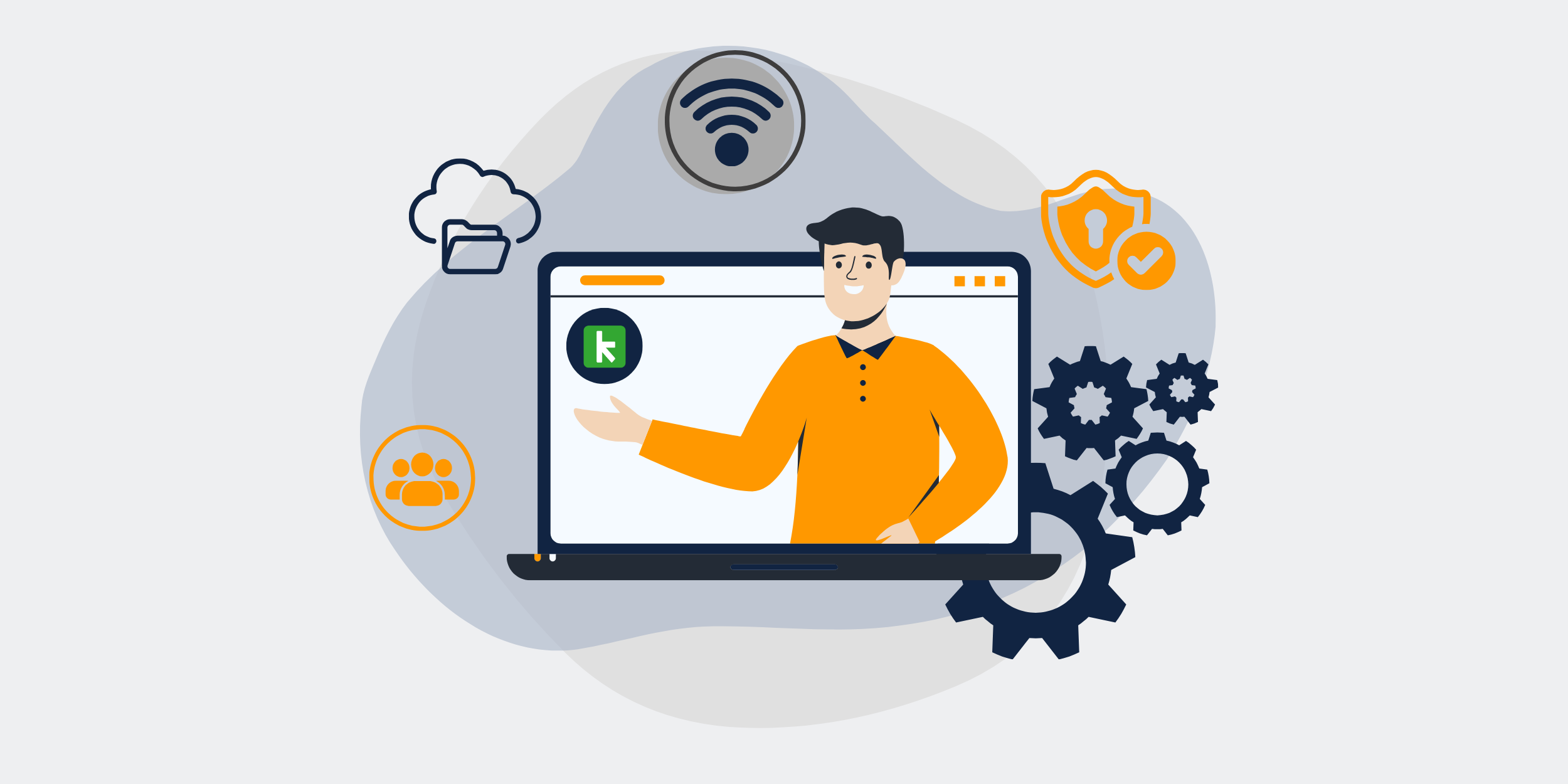Secure Your Keap CRM: Essential Strategies for Continuous Protection

| Outline of the Article |
|---|
|
| Article |
|---|
|
# **How to Ensure Your Keap CRM is Always Protected** ## **Introduction** Hey, there! If you’ve been harnessing the power of Keap CRM to turbocharge your business processes, you’re already on the right track. But here’s a million-dollar question: How can you be sure your treasured CRM is safeguarded against cyber threats? Buckle up. We’re about to dive into this vital topic. ## **Understanding Keap CRM** Before we proceed to the beefy part, let’s take a quick detour. What is Keap CRM, anyway? Think of it as your digital BFF, managing everything from customer relationships to sales pipelines. It’s like a personal assistant, but way cooler. Now, given its central role, protecting it is non-negotiable. ## **Why Protection is Essential** You wouldn’t leave your house unlocked, right? The same logic applies here. Your CRM stores goldmines of data; losing it could mean severe financial blows or reputational damage. Besides, with cyber-attacks looming large, ensuring protection isn’t just wise—it’s critical. ## **Best Practices for CRM Security** Let’s cut to the chase: What are some best practices to keep Keap CRM safe and sound? ## **Implementing Strong Password Policies** First stop—passwords. You wouldn’t believe how massive a role they play in your CRM’s security. Pro tip: Use a combination of symbols, numbers, and letters. And for the love of all things tech, keep them long and unique! ## **Utilizing Two-Factor Authentication** Ever thought about shopping online and how you need to verify every transaction? The same idea applies here. Two-factor authentication adds an extra layer of security. Even if a hacker snags your password, they’re only halfway there. ## **Regular Software Updates** Software updates might seem pesky, but they’re like vaccinations—they prevent larger problems. Keep your Keap CRM updated to shield it from newly discovered vulnerabilities. ## **Data Encryption and Backups** Imagine losing an essential file and realizing there’s no backup. Terrifying, right? Regularly back up data and encrypt files for an added layer of security. It’s like having an invisible cloak for your data. ## **User Training and Awareness** Do you know why training is pivotal? Your CRM is only as safe as its weakest user. Conduct regular sessions, educate your team about phishing threats, and instill a culture of security. ## **Role-Based Access Control** Want an insider tip? Not everyone needs access to every nook and cranny. Implement role-based access control. It’s like giving someone a room key instead of the entire mansion. ## **Monitoring and Auditing Activity** Keep one eye on the screen and another on activities. Monitor user logs and regularly audit processes. Any abnormal behavior? Investigate pronto! ## **Working with a Reliable IT Provider** Ever considered having a sidekick? Partnering with a skilled IT provider can help you navigate these murky waters. They bring knowledge, expertise, and peace of mind. ## **Conclusion** There you have it, folks! Protecting your Keap CRM isn’t rocket science. With the right strategies, you can ensure it remains shielded from potential threats. Trust me, a secure CRM is a happy CRM. ## **Frequently Asked Questions (FAQs)** **1. How often should I update my CRM software?** Aim for at least every month. But if Keap releases an urgent patch, update immediately. **2. Is two-factor authentication a hassle?** Not really! Once you get the hang of it, it’s a breeze and well worth the added protection. **3. What should I do if my data is compromised?** Act fast. Inform your IT provider, assess the damage, and take corrective measures immediately. **4. How do I train my employees on CRM security?** Host regular workshops, share guidelines, and maybe even throw in some phishing simulations. **5. Can I rely solely on my IT provider for security?** Nope. While they’re invaluable, maintaining vigilance and adopting security practices is a shared responsibility. |
Get started with CRM-Backup today! Choose your plan now.
